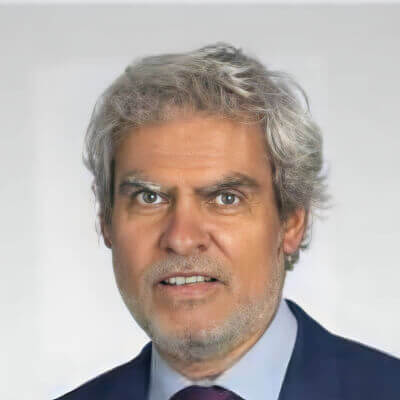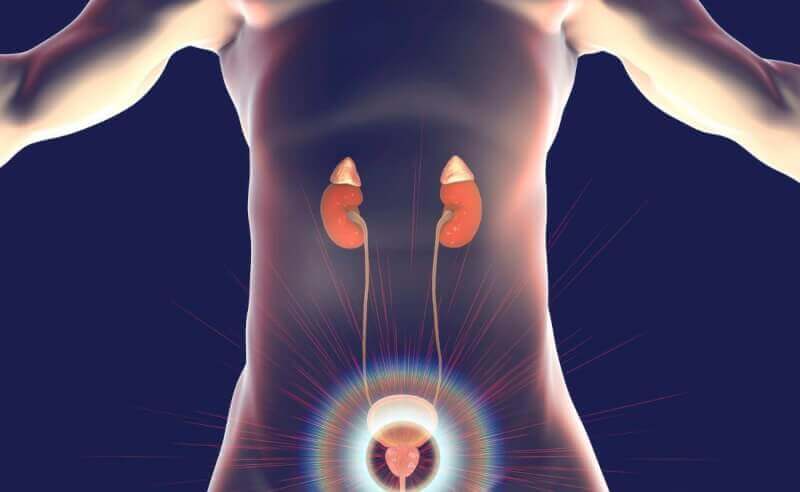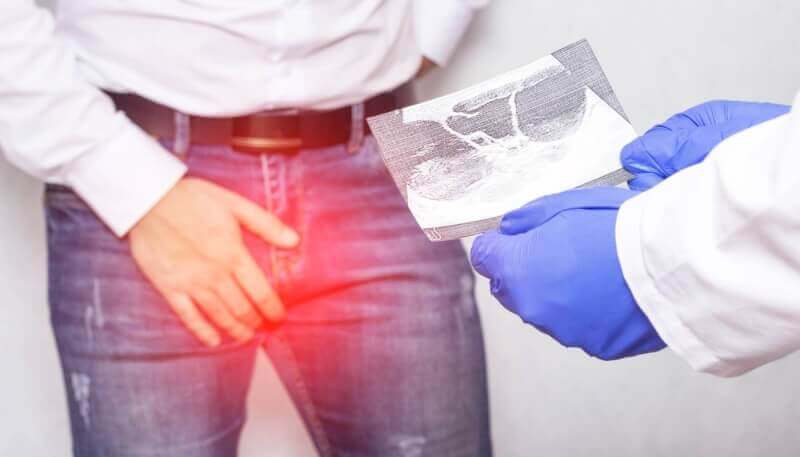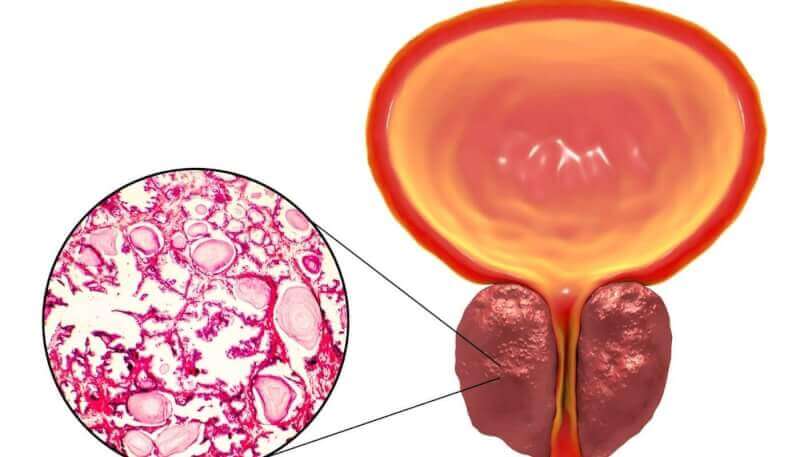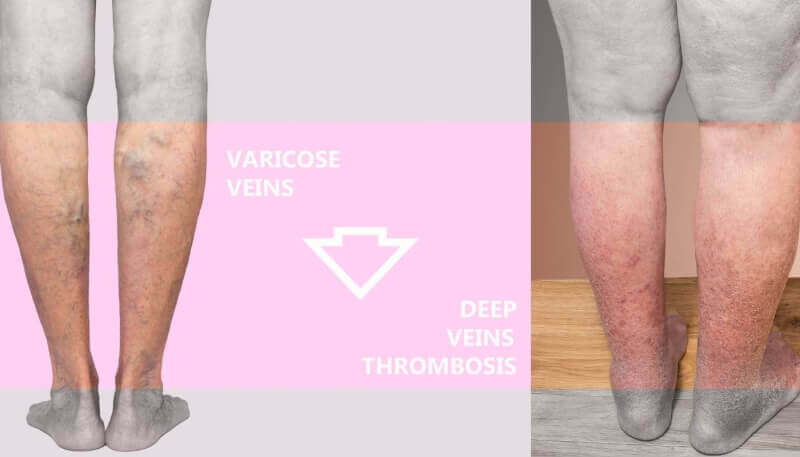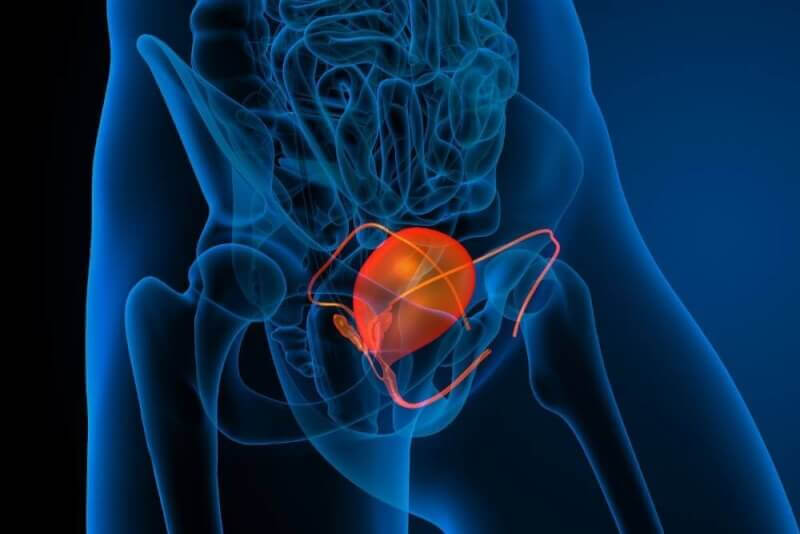The branch of science that reveals the diagnosis and treatment methods for diseases that may be encountered on the system that includes the reproductive organs and urinary tract in both women and men is called urology. This system, which is dealt with by urology, includes many different parts such as the kidneys, penis, testicles, prostate gland, bladder, urethra, ureters and scrotum.
Urology performs integrated studies on all infections that may be encountered in the urinary tract and at the surgical point of the urinary system. In other words, since it is a branch of science that deals with both the reproductive system and the urinary tract, all these diseases are called urogenital disorders.
In Which Diseases Does Urology Diagnose and Develop Treatment?
Along with organ changes and body structure changes, the urological system and related urogenital disorders are present in both men and women. In this context, the urology department deals with different diseases of the urinary and reproductive tracts in women, men and especially in children.
For example, urology deals with urinary incontinence in children, undescended testicle problems, penis disorders, swelling/redness of the foreskin, urinary tract obstructions. For men, the urology department
- Premature ejaculation or impotence
- Infertility
- Enlargement of the prostate gland or inflammation of the prostate gland
- Vascular enlargement or varicose veins of the scrotum
- Testicular pain
- Kidney stones and kidney disorders
- Kidney, adrenal, prostate, testicular, bladder or penile cancers
- It focuses on issues such as urinary tract infections.
The urology department also develops diagnosis and treatment in cases such as kidney stones, urinary incontinence, interstitial cystitis, bladder prolapse, leaving the bladder in the vagina, having an overactive bladder, adrenal gland, kidney or bladder cancers in women.
Urology uses many methods such as ultrasound, MRI, computed tomography (CT), cystoscopy, urodynamic tests, biopsy, semen analysis, urine flow test and rectal touch examination to diagnose these diseases within its own body. In addition, depending on the type of disease, surgical operations, kidney stone surgery, microscopic surgeries and microvaricocelectomy are used to provide treatments.








